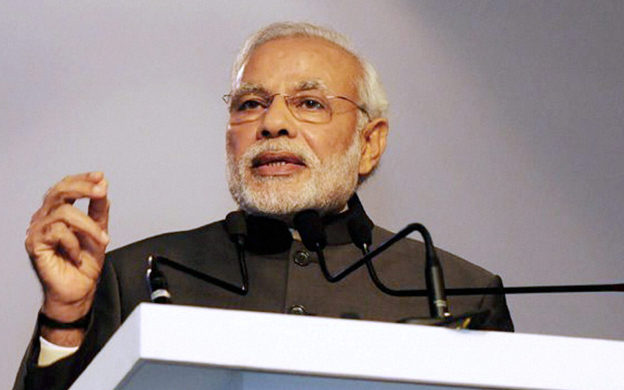Indian state-owned firms may have to give half their freight business to local shippers to help rescue an industry battered by the global commodities downturn.
India’s cabinet could as early as next month consider making it mandatory for state-owned oil, steel, coal and fertiliser importers to route at least half of their cargoes through local shippers as part of a broader agenda of Prime Minister Narendra Modi to shore up and protect the ailing sector, a government source said.
New Delhi is proposing importers sign 5-year contracts with local shipping firms in a move designed to shift freight worth billions of dollars to Indian flag carriers and help boost fleet companies like Shipping Corporation of India (SCI), Mercator, Great Eastern Shipping and Essar Shipping. Shares of shipping firms jumped as much as 12 per cent in a falling Mumbai market.
In 2013-14, India paid about $57 billion in freight payments to foreign firms.
“We have already received comments from the related ministries on this proposal and we hope next month the cabinet will consider this proposal,” the source said, adding the 5-year contracts would help firms raise funds to expand their fleets.
Shipping Minister Nitin Gadkari was not immediately available to comment.
India’s total international trade increased by more than 230 per cent between 2000 and 2014, to 811 million tonnes last year, according to shipping ministry data, but domestic shippers saw their trade rise by just 26 per cent as they were edged out by international firms able to offer lower rates and quicker turnaround times.
The share of Indian trade carried by domestic firms sank to below 9 per cent last year from more than a third in 1990, prompting concern about the industry’s long-term viability.
The proposed measures are designed to reverse that decline and encourage investment and expansion.
“There is no incentive in the present shipping environment to buy vessels … a grant of a 5-year commitment will be good for the industry and provide a comfort level to the lenders,” said A.K. Gupta, chairman of SCI, the country’s biggest ship operator. Assured employability will encourage operators to increase Indian tonnage, and linking freight to international benchmarks “will be a ‘win-win’ for shipping companies, charterers and lenders,” he told Reuters.
“Asset prices are at their lowest and this is a good time for Indian industry to invest,” said Anil Devli, Chief Executive of the Indian National Shipowners’ Association (INSA).
A key part of the new proposal is to link the freight rates charged under the contracts to global benchmarks such as Clarksons and World Scale in order to bring greater transparency to rate setting and avoid local shippers setting up cartels.
The move fits Modi’s ‘Make-in-India’ push toward creating skilled jobs for millions of young Indians.
“As more Indian ships start participating in the regular carriage of Indian imports, other ancillary industries such as bunkering, ship repair and even ship building will grow,” Devli said.
Copyright Ships & Ports Ltd. Permission to use quotations from this article is granted subject to appropriate credit given to www.shipsandports.com.ng as the source.
